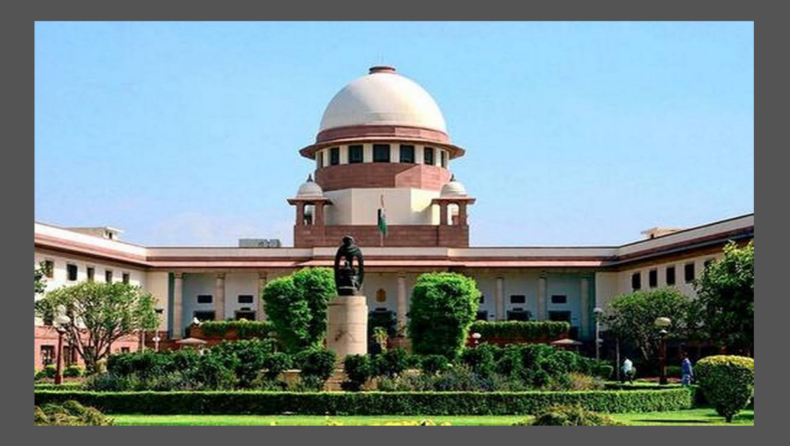In a landmark decision, the Supreme Court ruled Monday that the provision of preventive detention cannot be invoked when there are concerns about public order and said a person can only be arrested. detention in cases where public order is directly affected.

Distinguishing between the two, the Supreme Court held that “law and order” included less serious disturbances than those affecting “public order”, affecting the public, causing harm, danger or alarm, or feelings of insecurity.
“There is no doubt that for ‘public order’ to be disturbed, there must be public order. Saying it affects public order, it must affect the community or the general public,” said one judge. Judge R F Nariman said. and Hrishikesh Roy.
Highlights of the case on Preventive Detention
New Delhi, June 25 (PTI) The Supreme Court has said the powers under the Preventive Detention Act are “exceptional” and cannot be exercised regularly as they severely impair the freedom and freedom of an individual.

The Supreme Court’s observation comes as it reversed a remand order last October for two people in Telangana.
The detention order was issued by the chief of Rachakonda police station because these two people were involved in the crime of stealing gold chains, the victims were mainly women.
A resting bench by Judges C T Ravikumar and Sudhanshu Dhulia noted that although by jurisdiction arrestees were involved in more than 30 cases, only four chain robberies were considered grounds for detention. , other cases are reported to be behind. close to each other and beyond the authority of the committee.
The high court also noted that the offenses in these four cases were said to have been committed in the two months between May 6 and July 26 last year and that the two arrested were released on bail. by judges at these businesses.
“The rights exercised under the Preventive Detention Act are special rights that have been granted to the Government to exercise in an exceptional situation because it severely impairs an individual’s liberties and liberties, and that’s not why it can’t be done regularly”. said the bench.
The Supreme Court issued an order on June 22 on two separate proposals by the detainees’ wives.
The petitioners challenged the Telangana High Court’s order on March 25 of this year rejecting their call against pre-trial detention.
In its order, the high court noted that one of the grounds given by the authority to justify invoking the provisions of the Detention Act was that detainees had been released on bail for both four cases and potentially similar offenses.
“However, the reason why all 4 cases were not released on bail. The bail-in in all 4 cases was due to the inability of the prosecutor’s office, which did not complete the investigation on time. So the indictment must be released on bail. The bench said.
It is observed that the facts and circumstances of the case, as alleged in the detention order, reflect a situation of public order that can be handled under the general law of the country and are completely unreasonable. no reason to resort to extraordinary powers. under the Preventive Detention Act.
The Supreme Court said invoking the Pre-Trial Detention Act in the case against the two was “unfounded”.
He said the distinction between a public order situation and a public order situation was resolved by the Supreme Court in a series of decisions.
“In fact, in a recent decision by this court, the court was subject to the frequent and unwarranted use of preventive detention laws in the state of Telangana,” the bench noted.
He said the state is not without recourse, because in cases where detention is a threat to society as claimed, the prosecution should ask for bail to have it revoked or appeal to the superior court.
“But seeking sanctuary under the Preventive Detention Act is not an appropriate remedy based on the facts and circumstances of the case,” he said.
The bench noted that the detention order stated that the crime was committed in broad daylight and therefore led to fear and panic in the minds of the public, especially women, and therefore the government must intervene. intervention to “maintain public order”.
While allowing an appeal, the bench overturned the remand order as well as the high court order and said detainees would be released immediately in the event they were not required in another case. PTI ABA SMN SMN.













